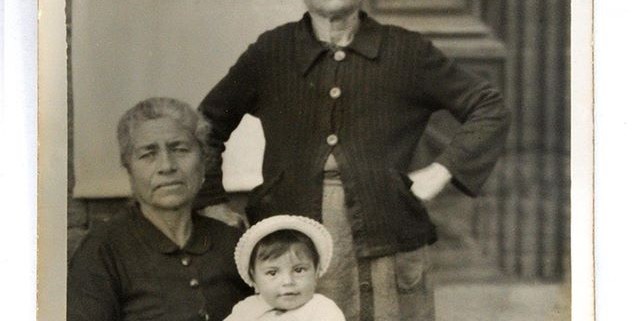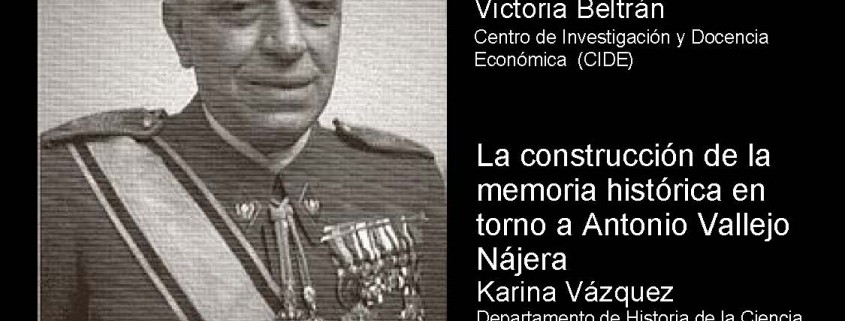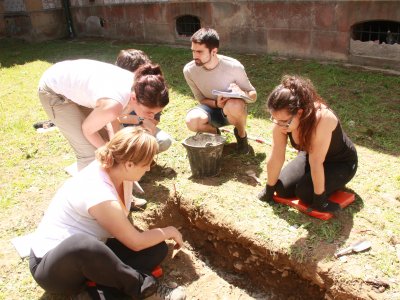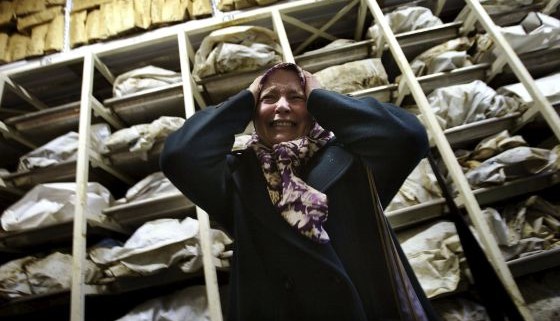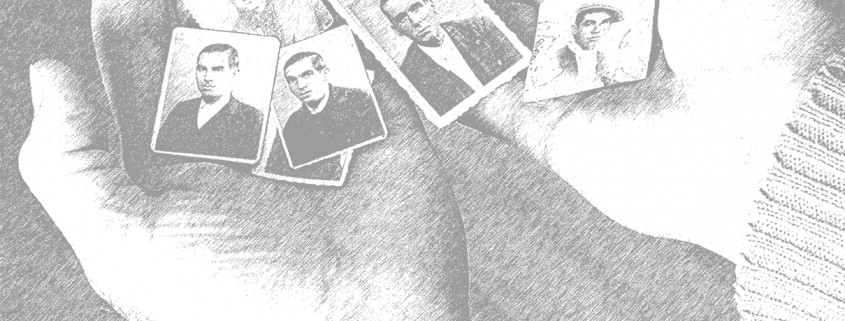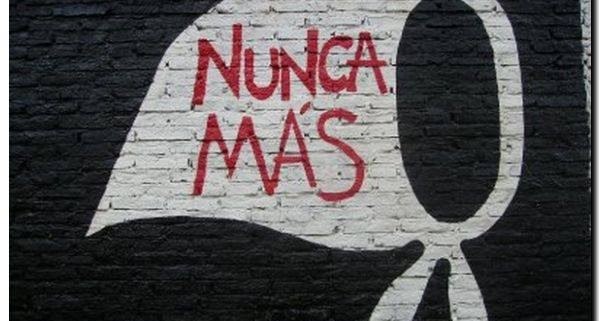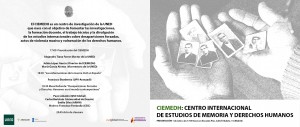
El próximo 1 de julio a las 17:00 horas se presentará en Escuelas Pías (C/Tribulete 14, Madrid) el Centro Internacional de Estudios de Memoria y Derechos Humanos.
El CIEMEDH es un centro de investigación de la UNED que nace con el objetivo de fomentar las investigaciones,
la formación docente, el trabajo técnico y la divulgación de los estudios internacionales sobre desapariciones forzadas, actos de violencia masiva y vulneración de los derechos humanos.
17:00 Presentación del CIEMEDH
Alejandro Tiana Ferrer (Rector de la UNED)
Julián López García (Director del CIEMEDH)
María García Alonso (Vicerrectora de la UNED)
18:30 “Las exhumaciones de la Guerra Civil en España”
Francisco Etxeberría (UPV-Aranzadi)
19:30 Mesa Redonda: “Desapariciones forzadas
y Derechos Humanos en el mundo contemporáneo”
Paco Lobatón (QSD Global)
Carlos Beristain (Universidad de Deusto)
Emilio Silva (ARMH)
Modera: Francisco Ferrándiz (CSIC)
20:45 Acto de clausura

